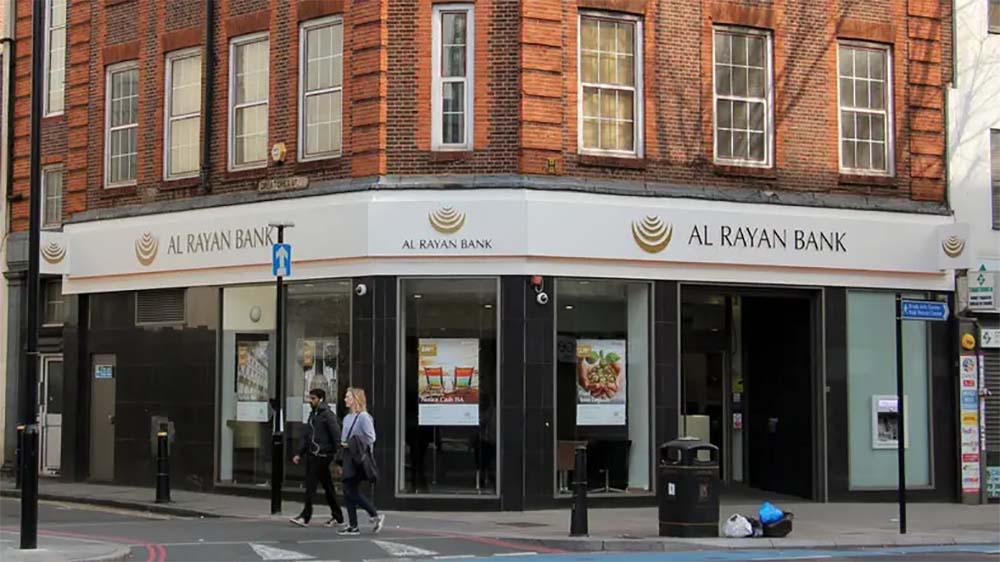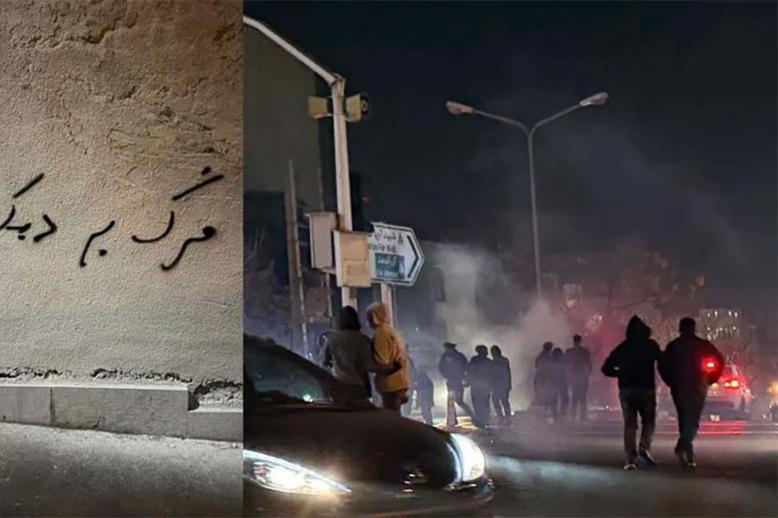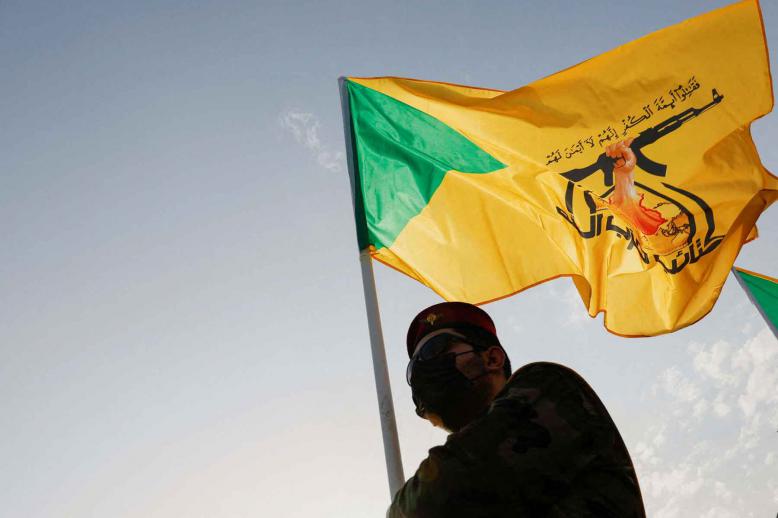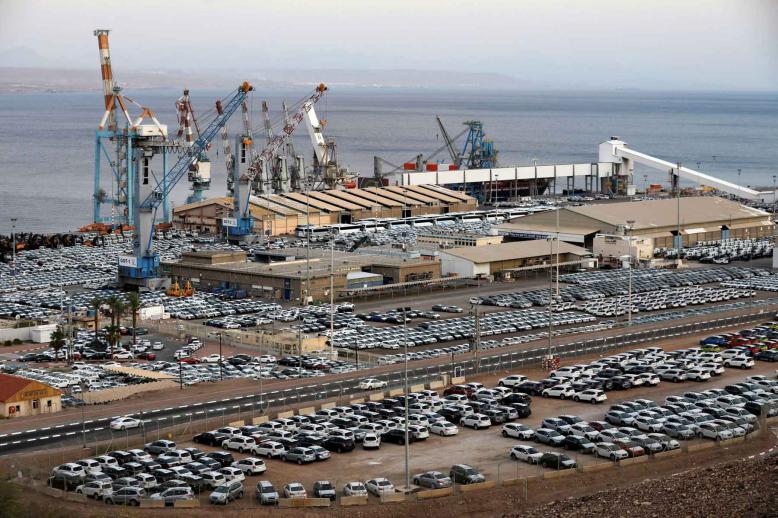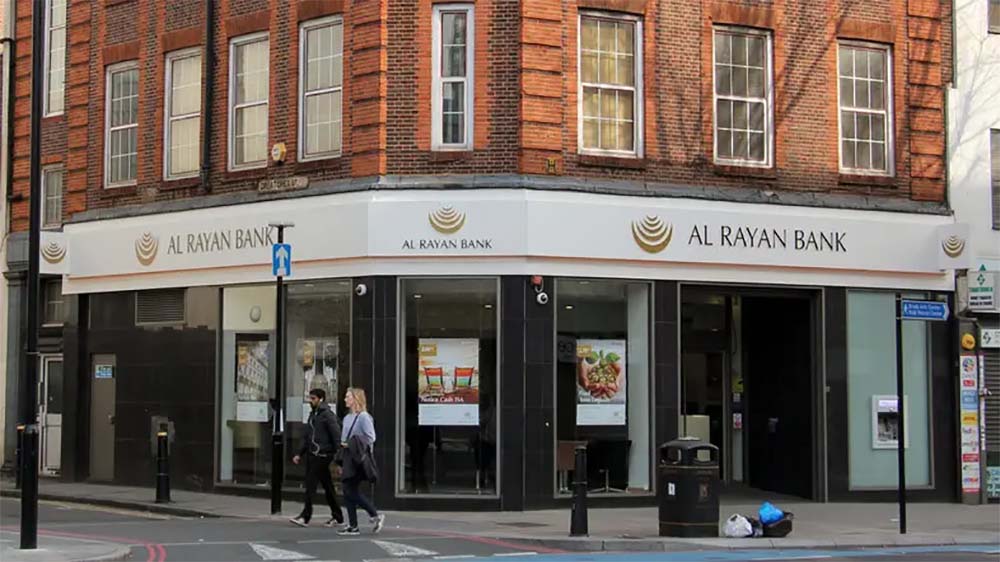Qatar involved in financing dubious Islamist charities
LONDON - British-based Al Rayan Bank controlled by Qatar is providing financial services to several British organisations linked to Islamists, according to The Times few days after New York Times unveiled a report that allegedly implicated Doha last May in a bomb attack in Bosaso whose port is managed by an Emirati company.
The Times said that Al Rayan Bank was providing banking services to 15 controversial Islamic organisations, including at least four – a mosque and three charities - which have had their accounts with western banks frozen or closed in a security clampdown.
The latest report exposed Qatar’s hidden agenda of backing Islamists worldwide to propagate their ‘extremist’ ideology through financing their charities.
Qatar is the subject of a two-year Saudi-led economic embargo including bans on direct air, land and sea travel between the boycotting nations and Qatar, as well as sanctions after accusing Doha of sponsoring terrorism.
Although Qatar has repeatedly denied backing or funding terror groups, western diplomats have accused it of allowing the funding of some Sunni extremists, including al-Qaeda’s branch in Syria.
Among Al Rayan Bank’s customers are a charity banned in the United States as a terrorist entity, groups that promote hardline preachers and London’s Finsbury Park Mosque whose long-term trustee is a Hamas leader.
Al Rayan’s chief executive until April, Sultan Choudhury, was also an unpaid director for seven years until 2016 of the British arm of a global religious institute whose speakers and instructors have included advocates of child marriage, female circumcision and the death penalty for adultery and apostasy, said The Times.
Al Rayan, Britain’s oldest and largest Islamic bank, is 70 per cent owned by Qatar’s second-largest bank, Masraf Al Rayan, whose biggest stakeholders are institutions run by the Qatari state while the other 30 per cent is owned by an investment arm of the emirate’s sovereign wealth fund.
Interpal, a charity banned in the US since 2003 for alleged funding links to Hamas, which it has always denied, and Hhugs, which formerly described itself as a sister organisation of Cage, the notorious Islamist advocacy group are among Al Rayan’s customers.
A recent investigation by French journalists revealed that Nectar Trust, another Al Rayan customer, had received more than £37 million since 2014 from Doha-based Qatar Charity that was allegedly used to fund multimillion-pound Brotherhood-linked projects in Britain and France.
Qatar Charity, which is the largest charity in Qatar, renamed its European arm Qatar Charity UK in 2017 as Nectar Trust in order to conceal its suspicious activities after growing allegations of its involvement in financing Islamists and to avoid suspicions from international banks.
In 2008, Qatar Charity was listed in as priority III terrorism support entity (TSE) by the Interagency Intelligence Committee on Terrorism, according to a US diplomatic cable released by Wikileaks.
“Qatar Papers”, a book published last April by two French investigative journalists Christian Chesnot et Georges Malbrunot , revealed that the charity organisations receiving Qatari donations were all controlled by members of the Muslim Brotherhood.
They exposed the Brotherhood’s strategy of slowly advancing their pawns, sometimes masked, in order to adapt the common law to their conception of Islam - a conservative conception, which strengthens communitarianism in Europe.
Tory MP Zac Goldsmith, who called for a rethink of Britain’s relationship with Qatar five years ago, accused the Gulf emirate of “shamefully” supporting extremism in the Middle East.
“If it is also using its considerable wealth and global reach to facilitate extremism here in the UK, then the government needs to act quickly and decisively. The fact that Qatar has invested so heavily in the UK should not insulate it from scrutiny,” junior minister Goldsmith told The Times.
Former Secretary of State Hillary Clinton reportedly signed a US cable in 2009 stating that Qatar’s cooperation in countering terrorism was the worst in the region.


